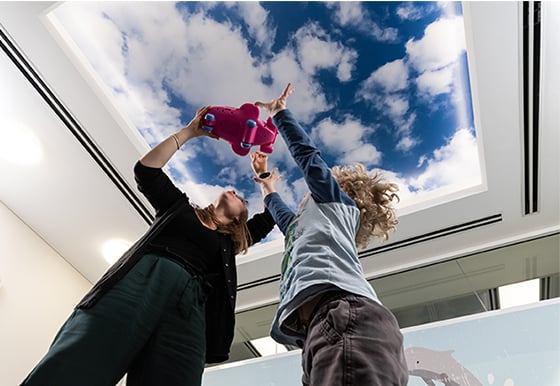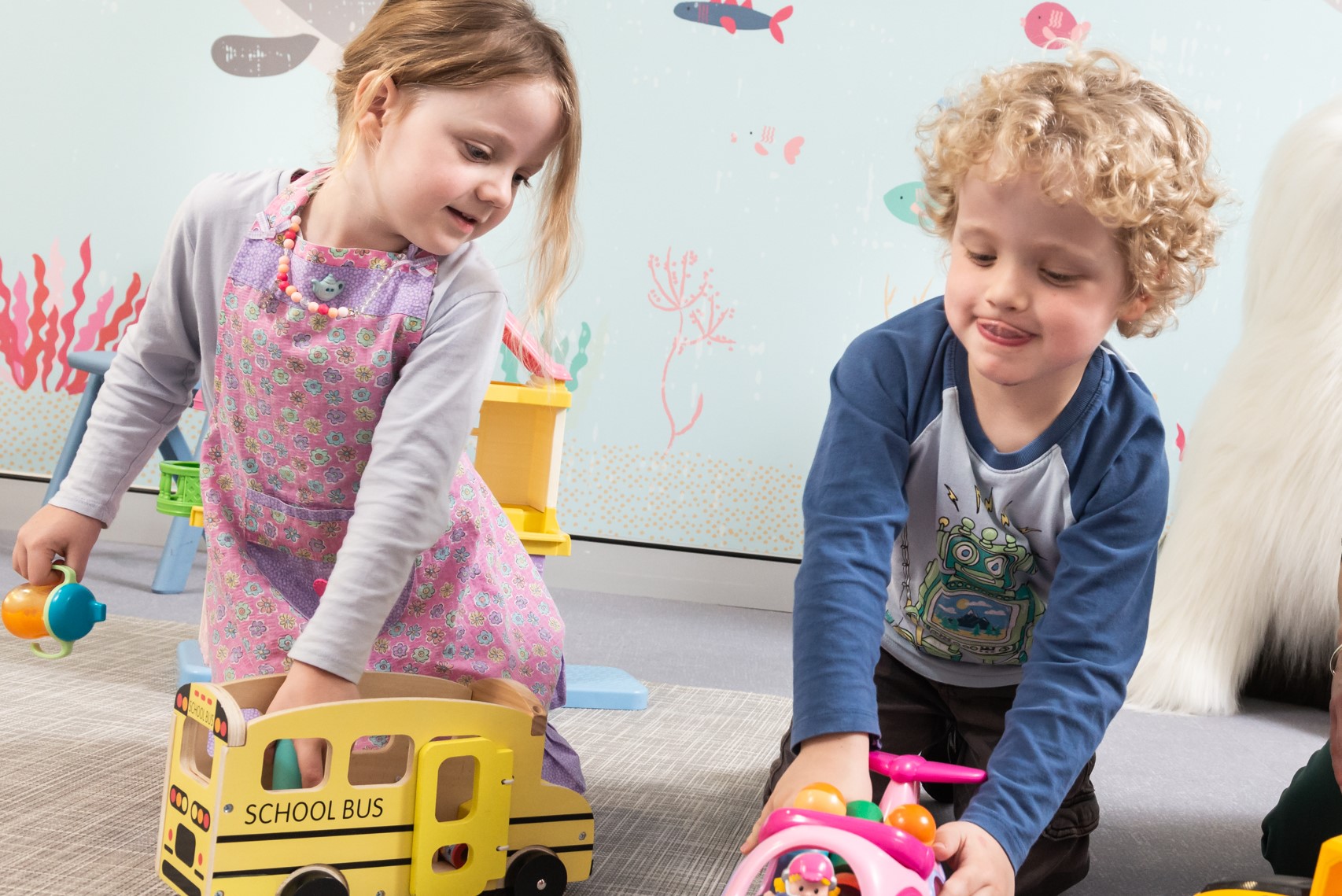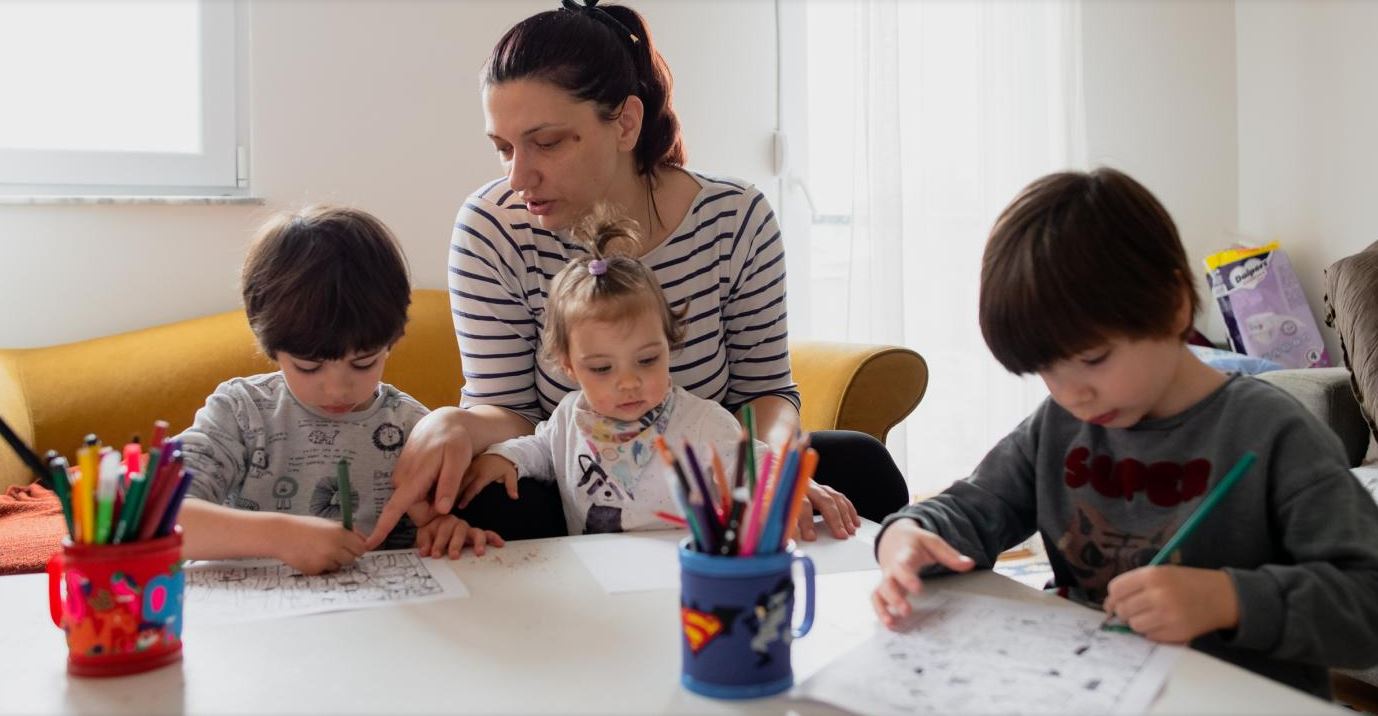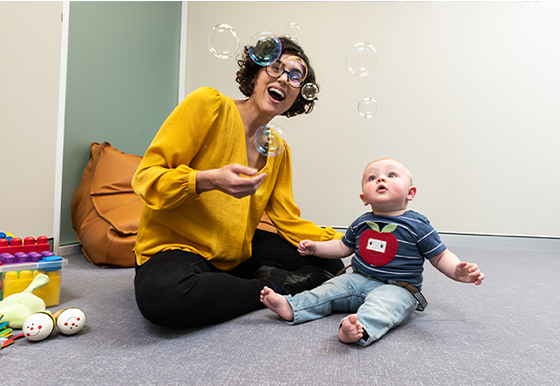Search

In this blog, CliniKids Director Professor Andrew Whitehouse and Research Development Manager Sarah Pillar explore one of the most common questions when it comes to support for autistic children - how much is the right amount of therapy?

In this new blog, Senior Clinical Psychologist Rebecca Eaton offers families advice on how to support siblings of autistic children.

In this new blog, Occupational Therapist and Clinical Lead (OT) Marie Rodatz offers families advice on how to cope with home isolation with a child on the autism spectrum.

In this blog, Clinical Psychology Lead Dr Mei’en Lim offers families advice on how to navigate COVID-19 with an autistic child.

We know many autistic children may be more sensitive to transitions so may need some extra supports at this time.

This is the start of our CliniKids blog series about play. In this blog, Speech Pathology Clinical Lead Aria May, explains why play is so important for autistic children.

In this blog, Senior Speech Pathologist Sally Grauaug and Speech Pathology Clinical Lead Aria May share tips on following your child's interest.

In this blog, Senior Speech Pathologist Sally Grauaug and Speech Pathology Clinical Lead Aria May discuss the use of visual supports.

In this blog, Senior Speech Pathologist Sally Grauaug and Speech Pathology Clinical Lead Aria May discuss how daily routines can facilitate the development of your child’s communication skills.

In this blog, Senior Speech Pathologist Sally Grauaug and Speech Pathology Clinical Lead Aria May discuss the model SCERTS and how it can support your child's communication level.
